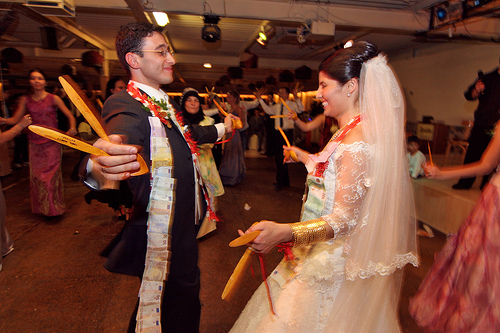Our journey around the world looking at how various countries and different cultures approach and consume coffee continues this month in Turkey. A popular holiday destination for many Brits, and Europeans, Turkey offers great weather, beautiful landscapes and good coffee too.
The coffee culture of Turkey is very well known in the country and in surrounding regions too, and Turkey seems to be one of the only countries that hasn’t been completely overtaken by the likes of Starbucks and Costa with traditional coffee houses still being a male-only environment where they drink traditional Turkish coffee.
There are also many traditions in Turkey that involve coffee, some of which are quite funny, so let’s take a look.

Traditional Turkish Coffee House
Early Years of Turkish Coffee
Coffee made its way to Turkey around the late 15th/early 16th century, with the first coffee shop believed to be opened in the 1640’s by a chap named İbrahim Peçevi. The people of Turkey took to coffee quite well and before too long Turkey developed its own coffee preparation style, which is cleverly named ‘Turkish Coffee’.
.jpg)
Turkish coffee is roasted and then finely ground, the beans are then boiled in a pot and is usually served with sugar. The coffee grounds are then allowed to settle to the bottom of the cup, and commonly the coffee is drank as an espresso-style shot (in fact, Turkish coffee is often described as a ‘rough version of espresso). This preparation method is now found in many places all around the world including Eastern Europe, the Indonesian islands, North Africa and the Middle East.
Turkish coffee is classified by UNESCO as an ‘Intangible Cultural Heritage of Turkey’.
Cultural Importance and a Pre-Wedding Test
It’s clear that coffee is a big deal in Turkish culture, so much so that the Turkish word for ‘breakfast’ literally translates to “before coffee”, and the word for ‘brown’ translates to ‘the colour of coffee’, so the coffee culture of Turkey plays a big part in society. There are several customs and traditions that surround and involve coffee in Turkish culture, even involving a traditional wedding custom.

Traditional Turkish wedding
Before marriage, it’s common for the groom and his family to visit the bride’s family and ask for her hand in marriage. The bride-to-be serves her guests coffee, but tinkers with the groom’s coffee slightly. Instead of serving the coffee with sugar, she will put salt in his coffee. He will then aim to drink his coffee without letting any signs show that he doesn’t like it, if he does, this shows his future bride and her family that he is a patient character and has got a good temper and is therefore good enough to marry the girl who ruined his drink. While all this is kicking off, the rest of the groom’s family are judging how well suited the woman is to their son by how good her coffee making skills are.
The Power of the Coffee
Here’s another Turkish tradition that you might not have expected coffee to be linked with… Fortune telling. Although most people do this for fun now, there are still a fair few people in Turkey that take coffee fortune telling very seriously, using it to find a mate that they can eventually have over to put salt in their coffee. Ironic really.
So we mentioned before that Turkish coffee making allows the grounds to sink to the bottom of the cup, these grounds don’t go to waste, but are used to tell people’s fortune. Once the cup has cooled down, it gets flipped over onto the saucer so that the grounds run down the cup. The cup is then rotated clockwise a couple of times and then lifted up. The fortune teller will look at the grounds and how they’ve landed and what patterns have been left on the inside of the cup and on the saucer, this is then used that to tell the coffee drinker’s fortune. This tradition is called Tasseography.

Traditional Turkish coffee
Present Day
Coffee has done a lot to help shape Turkish culture and is still a huge part of the society today. As mentioned at the start, coffee shops and houses are common social hang-out spot, as is the norm in the many countries around the world. In some of the larger, more commercial, cities in Turkey it is becoming much more widely accepted and common to find women enjoying coffee in a coffee shop. Many of the coffee houses in Turkey today are characterised by what games are available in the shop. Many people go to enjoy a coffee and play a game, whether it’s cards, backgammon, table tennis or to chill out and read a book.
Coffee itself symbolises many social aspects in Turkey such as: hospitality, friendship, refreshment, entertainment, with an invitation to drink coffee together offering an opportunity for a good chat and a catch up with friends.
